Kyoto to demolish 1 billion Yen EXPO 92 relic
February 12, 2018Demolition,All,Kyoto
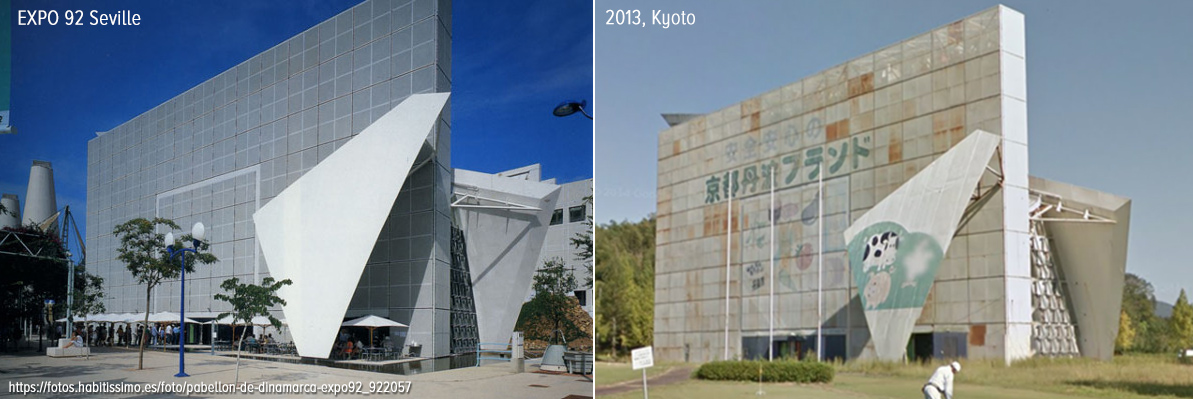
The Danish Pavilion built for EXPO 92 in Seville and relocated to Japan in 1993 may be demolished early this year.
The pavilion was designed by Knud Holscher of KHR Architects AS and Erik Reitzel and debuted in Spain in 1992. The town of Tanba (now part of Kyotamba town) purchased the building for approximately 1 billion Yen (about 9 million USD at the time) as a symbol for cultural exchange between the two countries. It was shifted to Tanba to a site that the then-mayor was planning to convert into the Kyoto Denmark Park. The ambitious project was considered ground-breaking but quickly turned into a white elephant. The plans never eventuated after the mayor was caught up in a corruption scandal. The following economic malaise of the 1990s sealed the project's fate. Read more
Tokyo's net inflow of residents increases for 22nd year in a row
February 9, 2018Tokyo population,Japan populationAll
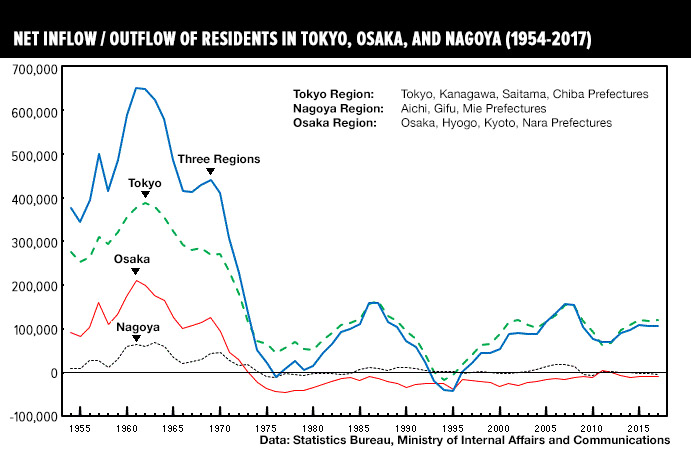
The net inflow of population in the greater Tokyo (Tokyo, Saitama, Chiba and Kanagawa) area has increased for the 22nd year in a row. According to the Ministry of Internal Affairs and Communications, the area saw 419,283 new residents in 2017, with a net inflow of 119,779. Tokyo’s 23 wards saw a total of 361,906 new residents and a net inflow of 61,158.Read more
Sheraton to open in Kagoshima City in 2022
February 8, 2018Japan real estate,japan real estate market,Japan Hotel News,Japan Real Estate News,KagoshimaReal Estate News,All,Hotel News
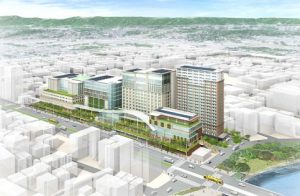 Nangoku Corporation, a general trading company located in Kagoshima City, announced that they have signed an agreement with Marriott International for a Sheraton-branded hotel to be built as part of a large redevelopment of a city block. This will be the 2nd Sheraton to open in Kagoshima Prefecture and the 10th in Japan.Read more
Nangoku Corporation, a general trading company located in Kagoshima City, announced that they have signed an agreement with Marriott International for a Sheraton-branded hotel to be built as part of a large redevelopment of a city block. This will be the 2nd Sheraton to open in Kagoshima Prefecture and the 10th in Japan.Read more
Kyoto introduces new regulation for owners looking to demolish traditional machiya
February 7, 2018Historic properties in Japan,Kyoto,Kyoto Machiya,Kyoto Real Estate Market,Save Japan's ArchitectureReal Estate News,All
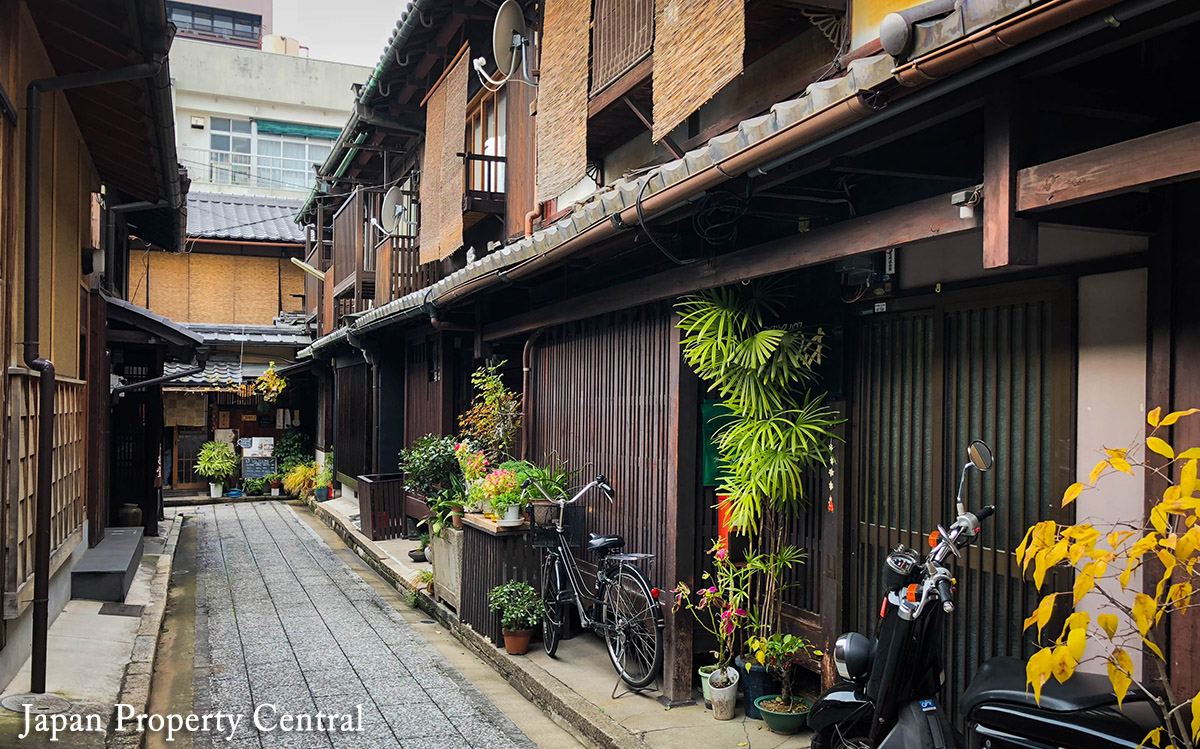
Kyoto City officials have voted in favor of a rule that will require owners of Kyoto’s traditional machiya townhouses to provide advance notice to the city prior to demolition. However, options to help reduce the burden of maintaining a historic home remain extremely limited. Without the support and participation from the local community this new rule may have only a minor effect.Read more
Imperial Hotel up for potential redevelopment?
February 6, 2018Japan real estate,japan real estate market,tokyo real estate,Japan Hotel News,Tokyo real estate market,Hibiya,Japan Real Estate NewsOffice/Retail News & Information,Real Estate News,All,Hotel News,Tokyo
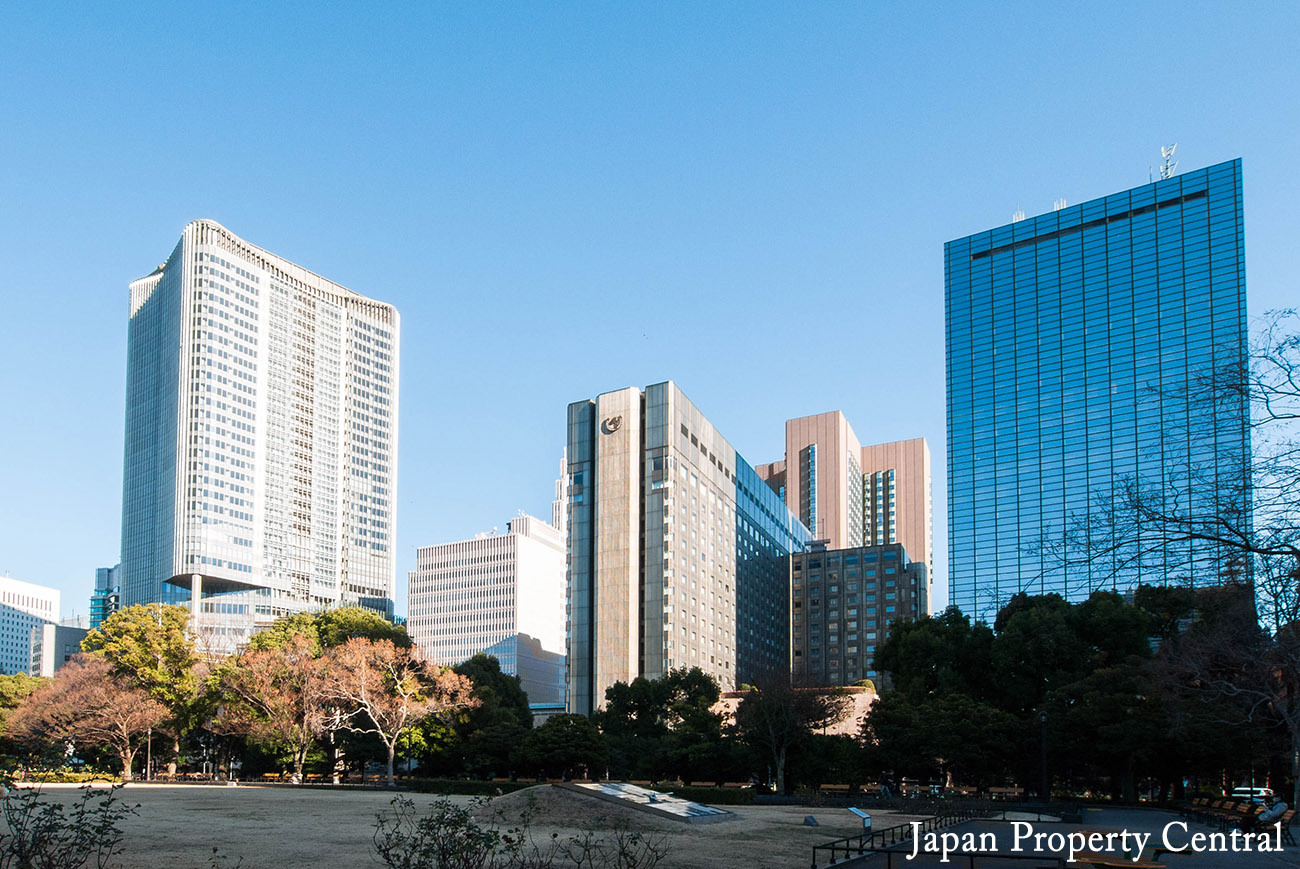
A nearby acquisition by Mitsui Fudosan has some industry experts suggesting that the 1100-room Imperial Hotel near Hibiya Park in downtown Tokyo may be slated for future redevelopment.
The hotel includes the main building that was built in 1970 along with a 31-storey office/hotel building at the rear that was completed in 1983. By the time of the 2020 Summer Olympics, the main building will be 50 years old. With a booming tourism industry, many of Japan’s top hoteliers are expanding, refurbishing or redeveloping their older hotels.Read more
Tokyo apartment sales in January 2018
February 5, 2018Japan real estate,japan real estate market,tokyo real estate,Tokyo apartment prices,Tokyo real estate market,Japan Real Estate NewsReal Estate News,Market Information,All,Tokyo
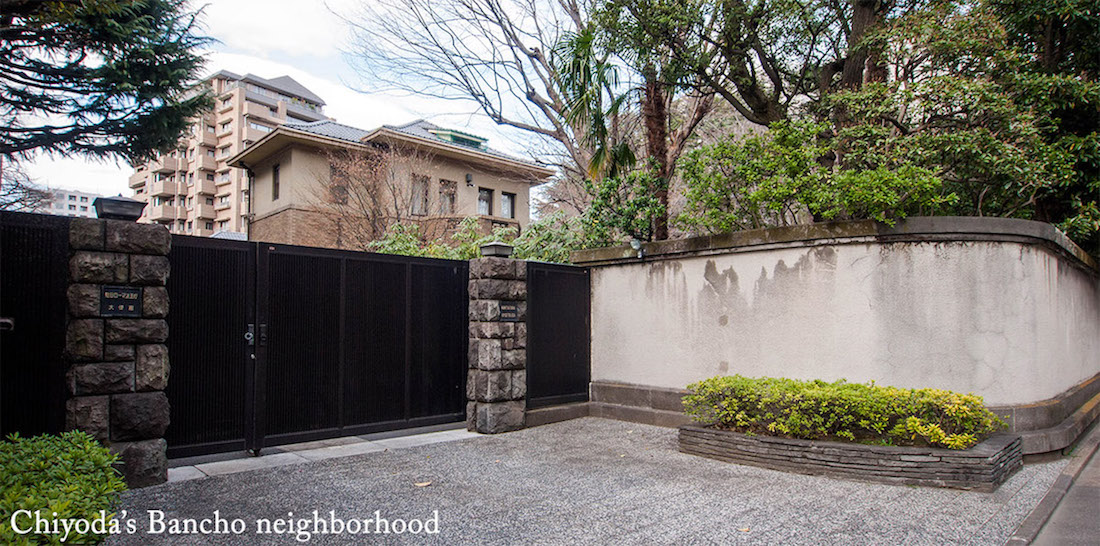
The following is a selection of apartments that were reported to have sold in central Tokyo during the month of January 2018:Read more
Omotesando's Seihou Building to be redeveloped
February 2, 2018Japan real estate,japan real estate market,Omotesando,tokyo real estate,Tokyo real estate market,Japan Real Estate News,Omotesando Real Estate MarketDemolition,Office/Retail News & Information,Real Estate News,Redevelopment & Reconstruction,All,Tokyo
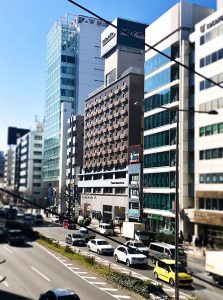 A 51-year old retail and public housing building alongside Aoyama Dori Avenue in Omotesando will soon be rebuilt. The 10-storey Seihou Building was built in 1967 and has a total floor area of 6,075 sqm (65,000 sq ft). It is jointly owned by a subsidiary of Mizuho Bank and the Urban Renaissance Agency.
A 51-year old retail and public housing building alongside Aoyama Dori Avenue in Omotesando will soon be rebuilt. The 10-storey Seihou Building was built in 1967 and has a total floor area of 6,075 sqm (65,000 sq ft). It is jointly owned by a subsidiary of Mizuho Bank and the Urban Renaissance Agency.
The new building will have a total floor area or 16,000 sqm (172,000 sq ft), more than 2.5 times the size of the older building.Read more
